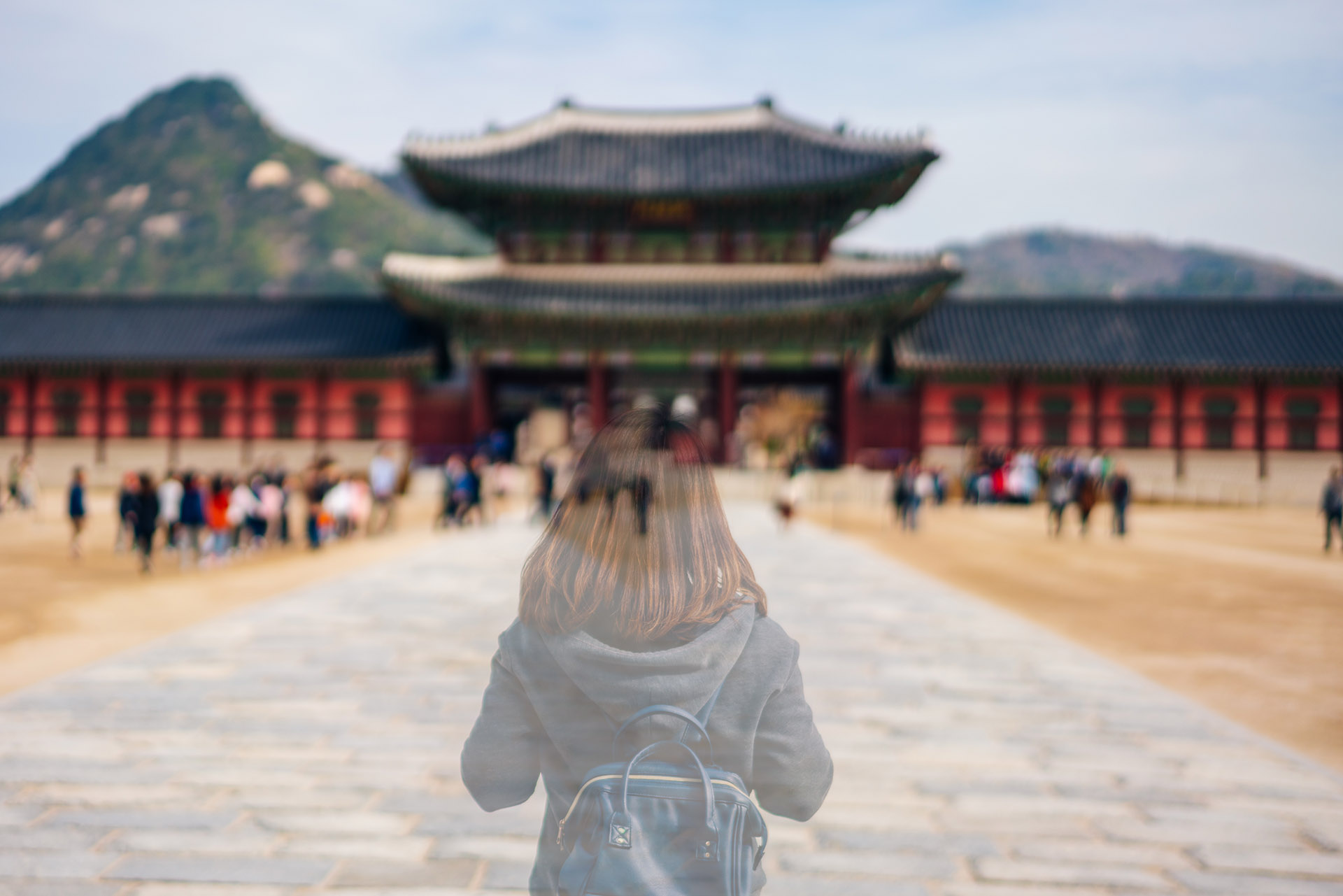![[ทัวร์ญี่ปุ่น]](https://s-media-cache-ak0.pinimg.com/originals/33/7b/33/337b33050cabf8d45987e95ae8d77aaa.jpg)
Obtaining The Answers For Swift Products Of

View image of Anthropologist Kim Choong-soon believes the roots of ppalli-ppalli culture go deeper than the modern era (Credit: Credit: Matt C. Crawford) Though few South Koreans can wield a brush these days, many have developed extremely agile thumbs. The LG Mobile World Cup, a text-messaging competition, was won by the Korean team when it was held in New York in 2010. And it may be no coincidence that Korean Olympians have excelled at rapid-fire sports like archery and shooting. They have dominated most of all, though, at short-track speed skating, amassing a total of 48 Olympic medals to date. Yet outside commentators sometimes overly rely on the idea of ppalli-ppalli when trying to explain Korea, notes Koo Se-woong, publisher of Korea Exposé , an independent media outlet specialising in the Korean Peninsula. “It’s almost like a caricature of Korean culture,” Koo said. “I understand that there is an emphasis on speed here, but it’s strange to see how that is distilled into this particular expression which is not even employed by Koreans themselves with any kind of frequency.” It’s almost like a caricature of Korean culture And while many Koreans have fully embraced the convenience of instant noodles and same-day parcel deliveries, others have rejected the hustle and bustle of city life. Numerous celebrities, for instance, have moved to the southern island of Jeju, which is much slower paced.
For the original version including any supplementary images or video, visit http://www.bbc.com/travel/story/20180708-south-koreas-unstoppable-taste-for-haste
What's Needed For Primary Details Of

In fact, an agreement on the exchange of liaison offices was a part of the Agreed Framework signed in October 1994, and considerable negotiations took place on such an exchange at that time. I was the point man during those negotiations and in hopes the historical record may be of some use, I list below what was agreed upon bilaterally, and the unilateral actions taken by the US side, to prepare for an exchange. My colleague at the time, Jeff Goldstein—who worked with me on the negotiations—has confirmed my recollections. There were five meetings of negotiating teams, alternating between Pyongyang and Washington, from September 1994 through mid-1995, as well as copious direct communications between the teams via fax and phone. The US side was optimistic the exchange would take place, and the DPRK side (the Foreign Ministry) seemed dedicated to the enterprise until very late in the process. The exchange was to have been under the Vienna Convention on Diplomatic Relations, Article 14 (c). This article describes a class of mission accredited to the Foreign Minister of the receiving state (Secretary of State for the US) instead of the Head of State. The Republic of Korea at first objected to this as being “official diplomatic relations,” which it indeed was to be, and suggested the US and DPRK negotiate a special unique bilateral agreement outside of the Vienna Convention. The US, however, said it would not send people to the DPRK without the full diplomatic protection of the Vienna Convention. The head of mission would be called “Head of Liaison Office.” The DPRK side asked if it sent a person to be Head of Liaison Office who had previously held an ambassadorship if they could be addressed as “Ambassador.” The US side said such a person could use the honorific title in self-reference but it would not convey the person to be an ambassador accredited to the US.
For the original version including any supplementary images or video, visit https://www.38north.org/2018/06/lturk062918/
ทัวร์เกาหลีญี่ปุ่น
No comments:
Post a Comment